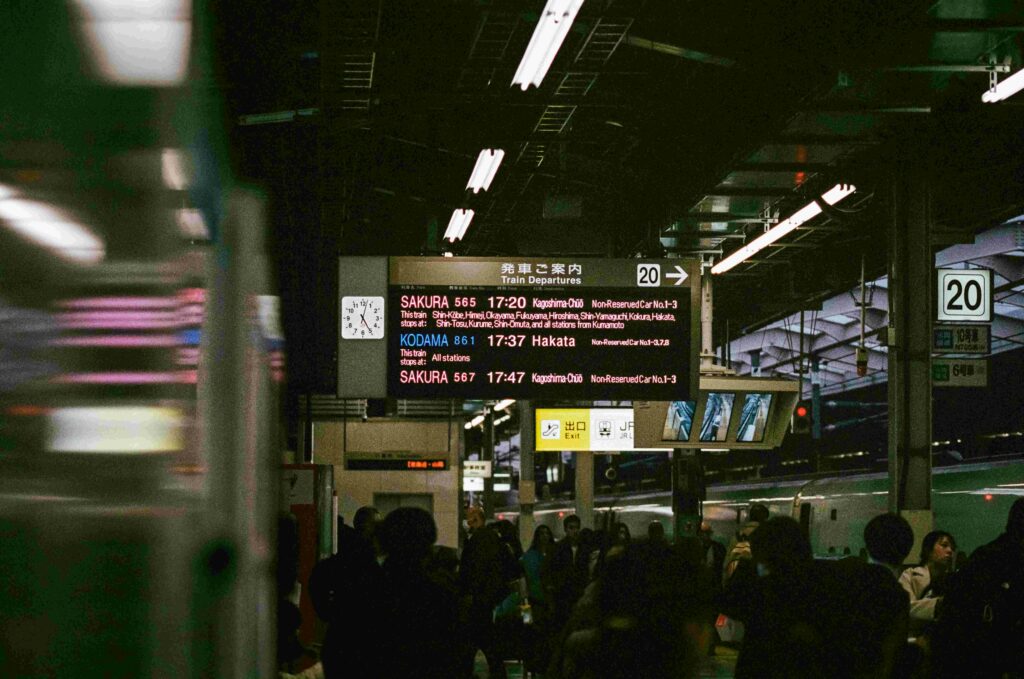(ANN/DAILY INQUIRER) – Visit Japan in a few years, and you might be surprised that the trains don’t have drivers!
On September 11, 2024, East Japan Railway announced it would launch self-driving trains by 2028.
Japan Times said its driverless locomotive will make operations more efficient and sustainable. JR East explained it will install autonomous trains for the Joetsu Shinkansen line between the Tokyo and Niigata stations.
Later, the public transportation firm will take incremental steps to automate bullet trains. The project aligns with its Transformation 2027 vision, “Move Up.”
How will the self-driving trains roll out?
JR East will deploy driverless trains with increasing degrees of automation. As mentioned, it will run bullet trains for the Joetsu Shinkansen line by fiscal year 2028, which ends in March 2029.

It will have 2nd-grade automation, meaning the bullet train or shinkansen will operate autonomously. However, it will have a driver in the cockpit for emergencies.
By the mid-2030s, the East Japan Railway will have 3rd-grade automation, which will have a train crew but no cockpit personnel.
By fiscal year 2029, the company will have out-of-service trains running through Niigata Station and the Niigata Shinkansen Center.
The trains will have the fourth grade of automation, which will have no driver or crew. Soon, JR East plans to have self-driving trains in the Hokuriku Shinkansen and the Tohoku Shinkansen.
Popular Science explains that the Shinkansen has been Japan’s high-speed transportation staple for over half a century.
They travel as fast as 300 kph or 186 mph, weaving through the Land of the Rising Sun’s urban areas. The educational website explained that automated trains would theoretically require simpler systems than self-driving cars.
This limitation could make these autonomous locomotives safer than self-driving vehicles in the US. Moreover, a JR East spokesperson explained that the project mainly rests on “the need to constantly innovate railway technology.”







